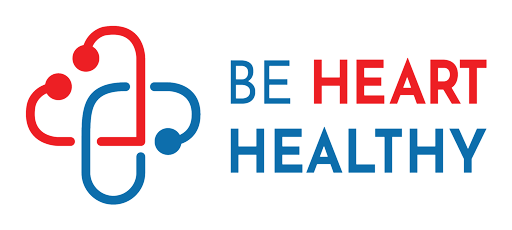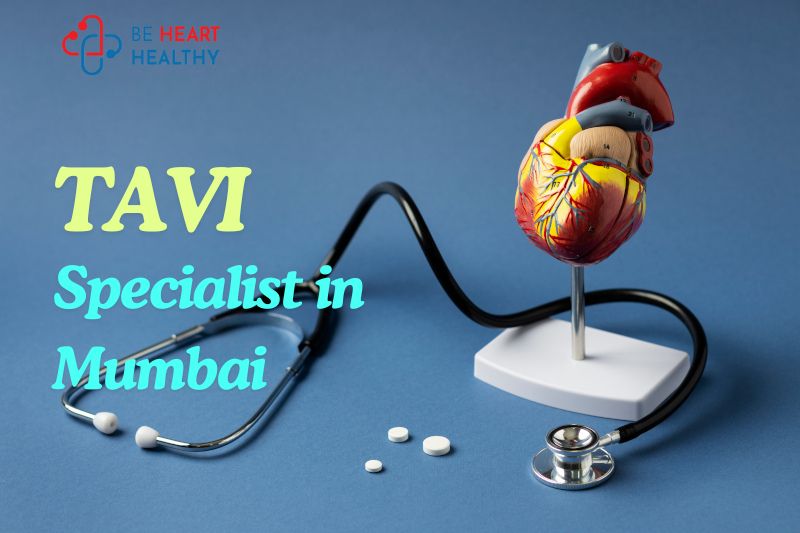Nurturing Your Emotional Heart: The Connection Between Stress and Cardiovascular Health
The heart, that resilient, beating engine of life, isn’t just affected by physical factors; it’s deeply influenced by emotional well-being. In this article, we’ll explore the intricate link between stress and heart health and offer effective stress management strategies.
The Stress-Heart Connection
Stress, the body’s natural response to challenges, can be a double-edged sword. While acute stress can sometimes sharpen our focus, chronic stress can wreak havoc on the cardiovascular system. When you’re under constant stress, your body releases stress hormones like cortisol, which can lead to a range of heart-related issues.
Stress and Blood Pressure: Chronic stress can elevate blood pressure, increasing the risk of hypertension, a major factor in heart disease.
Inflammation: Prolonged stress can trigger inflammation in the body, which can contribute to the development of atherosclerosis (narrowing of the arteries) and increase the likelihood of heart attacks.
Behavioral Impacts: People under stress may engage in unhealthy coping mechanisms like overeating, smoking, or excessive alcohol consumption, which all negatively affect heart health.
Emotional Heart Care Strategies
Mindfulness Meditation: Practicing mindfulness can help you become more aware of your thoughts and emotions. It’s a powerful tool for reducing stress and promoting emotional well-being.
Physical Activity: Exercise is not only beneficial for your physical heart but also your emotional heart. It releases endorphins, the body’s natural mood lifters.
Healthy Eating: A well-balanced diet can help stabilize blood sugar levels, preventing mood swings and reducing stress.
Adequate Sleep: Prioritize quality sleep. Poor sleep can increase stress levels and negatively impact your overall well-being.
Social Support: Connect with friends and family. A strong support system can help you manage stress and provide a safe space to share your feelings.
Time Management: Organize your daily tasks to reduce unnecessary stress. Prioritize what’s most important and delegate when possible.
The Impact of Stress on Heart Health is Manageable
By understanding the connection between stress and heart health, you can take proactive steps to care for your emotional heart. At ‘Be Heart Healthy,’ we believe that heart health is a comprehensive journey that involves managing both physical and emotional well-being.
Our practice is dedicated to providing you with the guidance and support needed to manage stress and maintain a strong emotional heart. By integrating stress management strategies into your heart care plan, you’re not only supporting your heart but also enhancing your overall quality of life.
Prioritize Your Emotional Heart
Stress is an inevitable part of life, but its impact on your heart can be managed. ‘Be Heart Healthy’ is here to support you on your journey to emotional well-being and heart health. We understand that your heart’s health is not just about physical factors; it’s also about caring for your emotional heart, and we’re here to help you every step of the way.
To learn more about the emotional heart care strategies provided by ‘Be Heart Healthy’ and how they can enhance your overall heart health, schedule a consultation with Dr. Ankur Phatarpekar and our team today.




